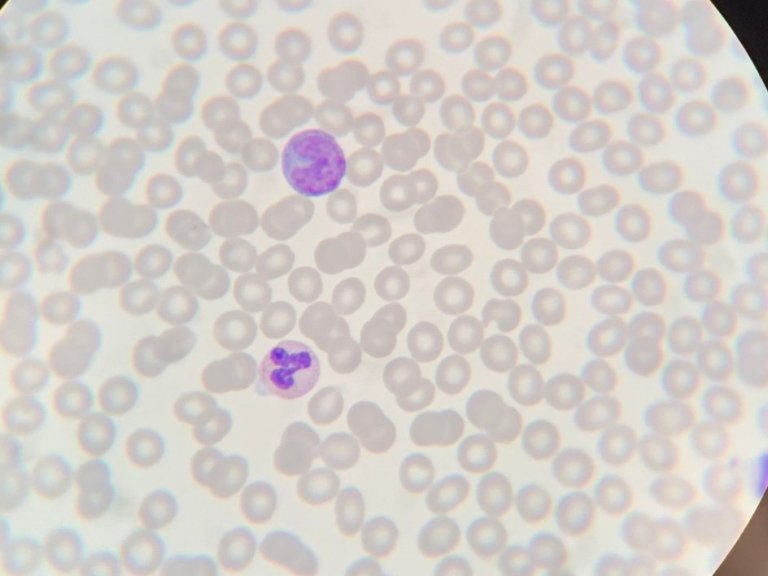In 2023, the AAP published a guideline advising pediatricians to prescribe standard weight-reducing medication to obese children from the age of 12. And possibly offer them to children from 8 years old. The study, published in The British Medical Journal, shows that since 2012, the AAP has received at least $2 million from pharmaceutical companies that develop this weight-reducing drug. These include companies such as Novo Nordisk (Wegovy, Ozempic) and Eli Lilly (Mounjaro, Zepbound), and 12 other companies that are also developing obesity medication, for example in pill form.
Not only the organization itself, but also individual members within the AAP received payments. Lead researcher Luc Hagenaars, assistant professort at Amsterdam UMC, and colleagues investigated various public sources, including tax returns and the American Open Payments system. He concludes that at least 22 percent of AAP executives received personal payments from these pharmaceutical companies. In total, it amounted to more than $293,000 between 2017-2023, spread over hundreds of transactions, including payments for travel, meals and consulting work. Within the working group that drew up the guideline, 37 percent of the members had similar financial ties. These financial ties were not mentioned anywhere in official publications of the AAP.
Substantiation of recommendation questionable
Other countries such as the United Kingdom, Sweden and Australia do not recommend weight-reducing medication under the age of 12, except in exceptional cases. Researchers point out that substantiation of the AAP recommendations to prescribe this medication to children is based on only one trial that was funded by the manufacturer itself. For children under 12 years of age, there are no clinical studies available at the time of the guidelines that demonstrate the effectiveness or safety of these medications.
Nevertheless, the AAP states that doctors "may consider" these drugs in children as young as 8 years old. Physician and obesity researcher Bibian van der Voorn, assistant professor at VU Amsterdam: "The clinical substantiation for this advice is lacking. Nevertheless, obesity medication can really be a solution for certain children. However, prescribing children this drug in advance lacks a solid scientific basis for that."
The researchers point out that conflicts of interest, especially in paediatrics, entail major risks. "Guidelines form an important basis for medical decision-making," says Luc Hagenaars. "If they are influenced by commercial interests, it affects not only the quality of care, but also the public's confidence in the medical world."
They therefore argue for stricter rules on transparency in guideline development, the exclusion of commercial sponsorship, and more independent, publicly funded research into the use of weight-reducing medication in children.




